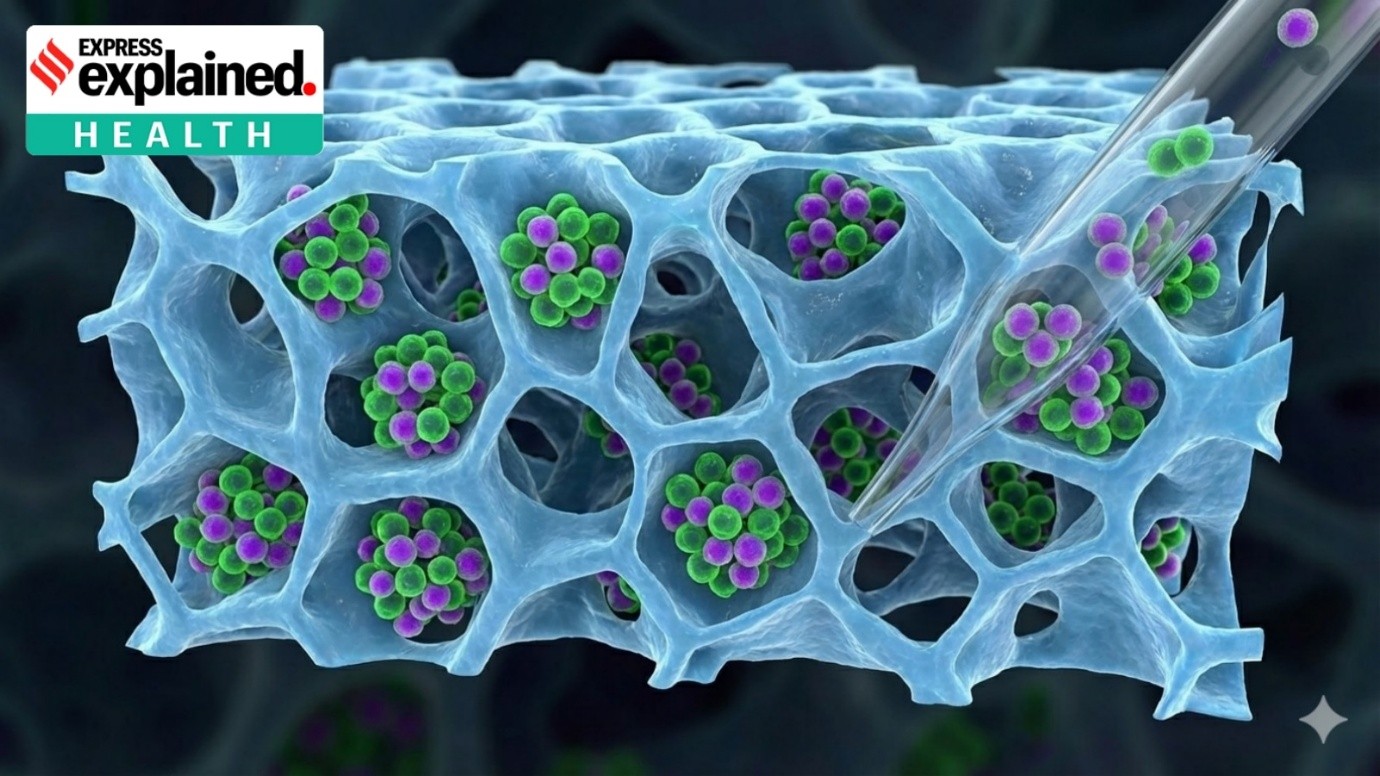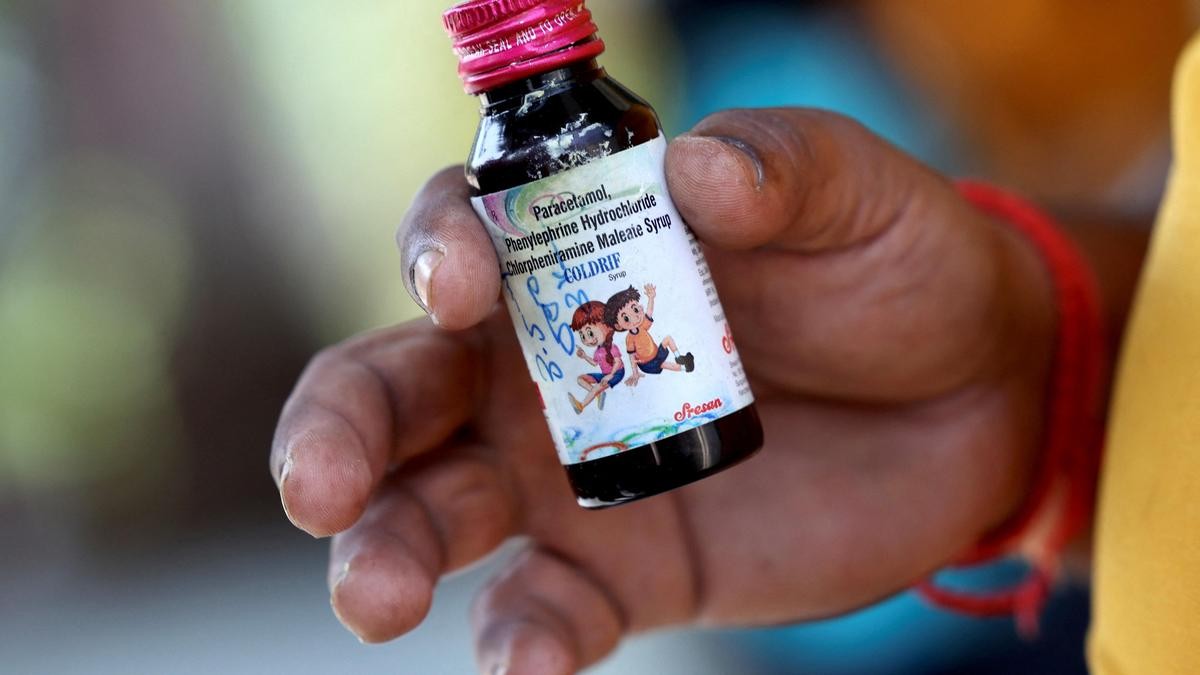Description

Source: THE HINDU
Disclaimer: Copyright infringement not intended.
Context:
- A recent study in India found that replacing sucrose with the artificial sweetener sucralose in coffee and tea showed no adverse effects on glucose or HbA1c levels.
- The study indicated slight improvements in body weight, waist circumference, and body mass index (BMI).
About Sucralose
- It is a popular artificial sweetener widely used as a sugar substitute due to its high sweetness and low-calorie content.
- It is approximately 600 times sweeter than sucrose (table sugar) and is approved by the Food and Drug Administration (FDA) for use as a general-purpose sweetener in various food and beverage products.

Key Features of Sucralose
|
Chemical Structure
|
Sucralose is a chlorinated derivative of sucrose. The presence of chlorine atoms prevents it from being metabolized by the human body, making it calorie-free.
|
|
Sweetness Profile
|
Significantly sweeter than sucrose, allowing its use in much smaller quantities to achieve desired sweetness in foods and beverages.
|
|
Stability
|
Heat-stable, meaning it can be used in cooking and baking without losing its sweetness.
|
|
Solubility
|
Highly soluble in water, making it suitable for beverages and liquid food items.
|
Uses of Sucralose
|
Food and Beverage
|
Diet sodas, sugar-free desserts, chewing gum, and many other low-calorie and sugar-free products.
|
|
Baking
|
Preferred choice for baking low-calorie and diabetic-friendly desserts due to its heat stability.
|
|
Pharmaceuticals
|
Used as a sweetening agent in medicines, especially in syrups and chewable tablets.
|
Health Concerns and Studies
Despite its widespread use and benefits, recent studies have raised concerns about the long-term safety of sucralose, particularly when consumed in high doses.
- Immune Response: A study published in Nature found that high doses of sucralose can impair immune responses in mice. Specifically, it affects T cell proliferation and differentiation, which are crucial for the body’s immune defense mechanisms.
- Membrane Effects: The study conducted by researchers from the Francis Crick Institute in London observed that sucralose affects the membrane order of T cells, leading to reduced efficiency in T cell receptor signaling and intracellular calcium mobilization.
- Implications for Health: When mice with subcutaneous cancer and bacterial infections were given high doses of sucralose, their T cell responses were impaired compared to the control group, which did not show any reduction in immune responses.
Regulatory Status:
- Sucralose is approved by various regulatory bodies around the world, including the FDA, for use as a general-purpose sweetener.
- However, the latest findings suggest a need for further research to understand the potential long-term impacts of high-dose sucralose consumption on human health.
Conclusion
- While sucralose offers significant benefits as a sugar substitute, especially for those managing calorie intake and blood sugar levels, recent studies highlight the importance of moderating its consumption.
- Understanding the possible health implications of artificial sweeteners at high doses is crucial for making informed dietary choices.
Source:
https://epaper.thehindu.com/ccidist-ws/th/th_international/issues/94125/OPS/GBUD5OVL5.1.png?cropFromPage=true
MUST READ ARTICLES:
Link between high glycaemic index and diabetes UPSC
|
PRACTICE QUESTION
Q. Which of the following statements correctly describes the uses of sucralose?
- Sucralose is used in the food and beverage industry as a sugar substitute due to its high sweetness and low-calorie content.
- Sucralose is not heat-stable and should not be used in baking or cooking.
- Sucralose is used in pharmaceuticals as a sweetening agent, particularly in syrups and chewable tablets.
- Sucralose is banned in many countries due to health concerns related to long-term consumption.
Select the correct answer using the codes below:
A) 1 and 3 only
B) 2 and 4 only
C) 1, 2 and 3 only
D) 1, 3, and 4 only
Answer: (A)
|













